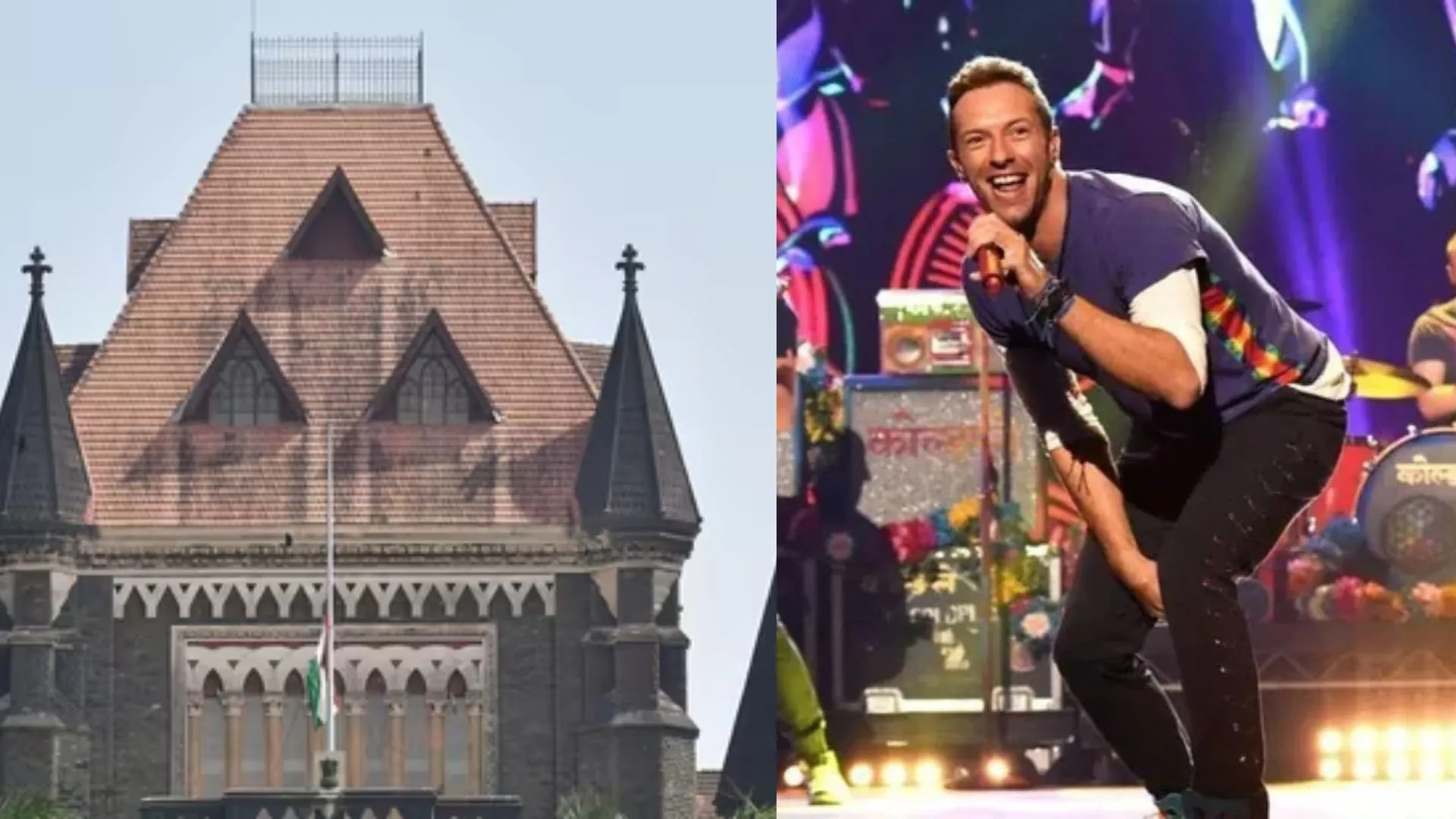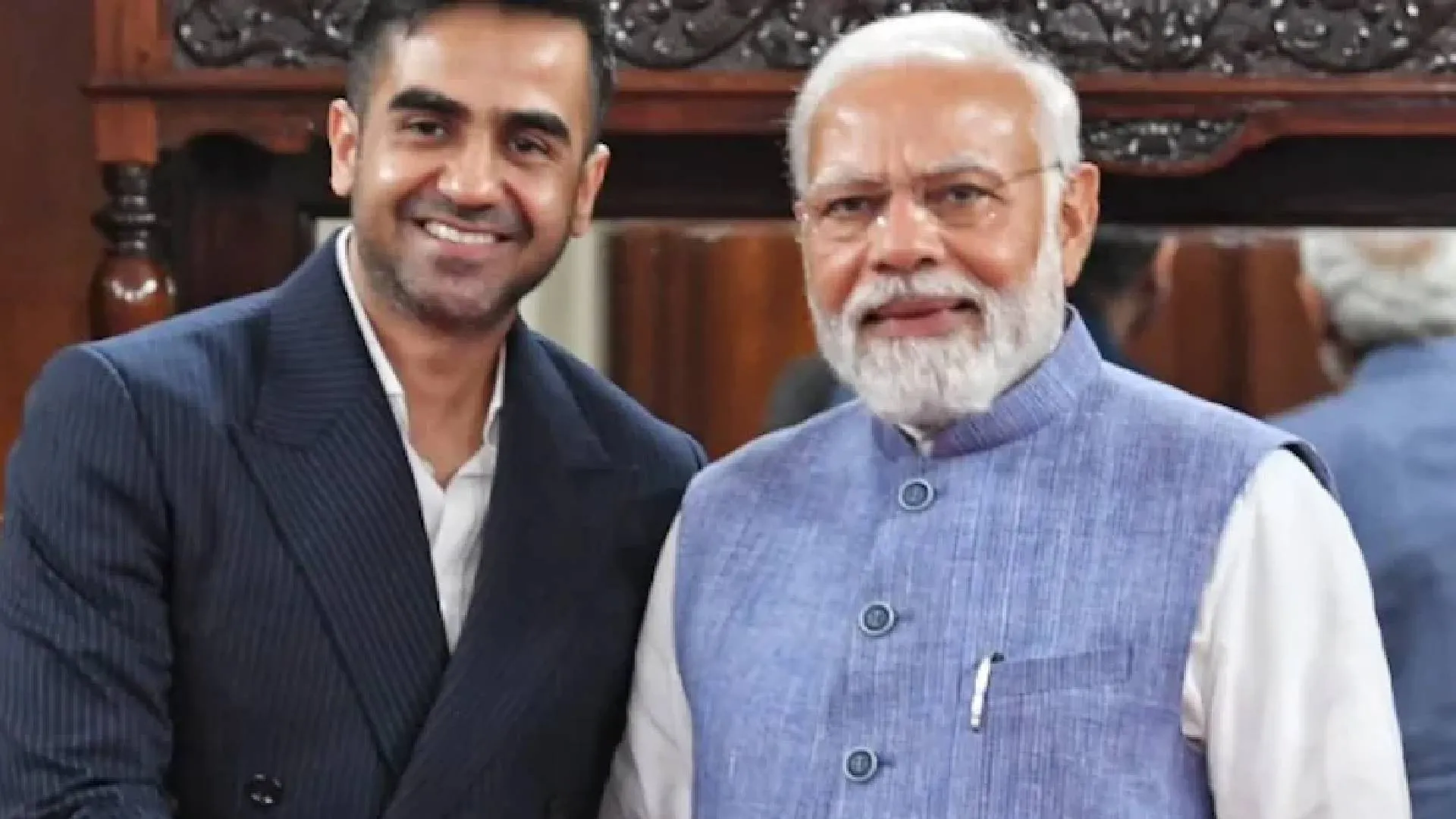The Delhi High Court has sought the Enforcement Directorate’s (ED) response on a petition by Hyderabad businessman Arun Ramchandra Pillai, who is challenging his arrest and detention in a money laundering case related to the alleged Delhi excise policy scam. In his petition, Pillai claims that “third degree” methods were applied to extract information during his custody, with “third degree” referring to brutality during police interrogations.
A single bench of Justice Swarana Kanta Sharma directed the ED to file a response concerning the plea’s maintainability.
Advocate Nitesh Rana, representing the petitioner, argued that the arrest order of March 6 by the Enforcement Directorate and subsequent remand orders were in violation of the provisions of the Prevention of Money Laundering Act (PMLA). He contended that no grounds for arrest were provided, either orally or in writing, as required by Section 19(1) of the PMLA, and that this violated his constitutional rights.
The petitioner further stated that the remand orders did not record any satisfaction regarding whether the ED had material on record to form “reasons to believe” that he was guilty of an offense under the PMLA. The petition alleged that the ED had employed coercive tactics and “third-degree measures” in a vindictive manner to obtain information, and these actions were enabled by the arrest order and remand orders.
The ED’s counsel argued that the petition was not maintainable. The court has scheduled the matter for further hearing on November 3, when the petitioner’s bail plea will also be considered.
Earlier this month, Pillai had sought bail in the case, contending that there was no evidence to justify his continued detention. A trial court had previously denied his bail plea, stating that his role was more serious than that of some other accused who remained in custody, and that the ED’s case appeared genuine.
The ED has alleged in its charge sheet that Pillai was a close associate of BRS MLC K Kavitha. The money laundering case by the ED originates from a Central Bureau of Investigation (CBI) FIR.
The case involves irregularities in the modification of the Delhi Excise Policy 2021-22 and allegations of undue favors extended to license holders. The Delhi government implemented the excise policy on November 17, 2021, but scrapped it at the end of September 2022 due to corruption allegations.






















